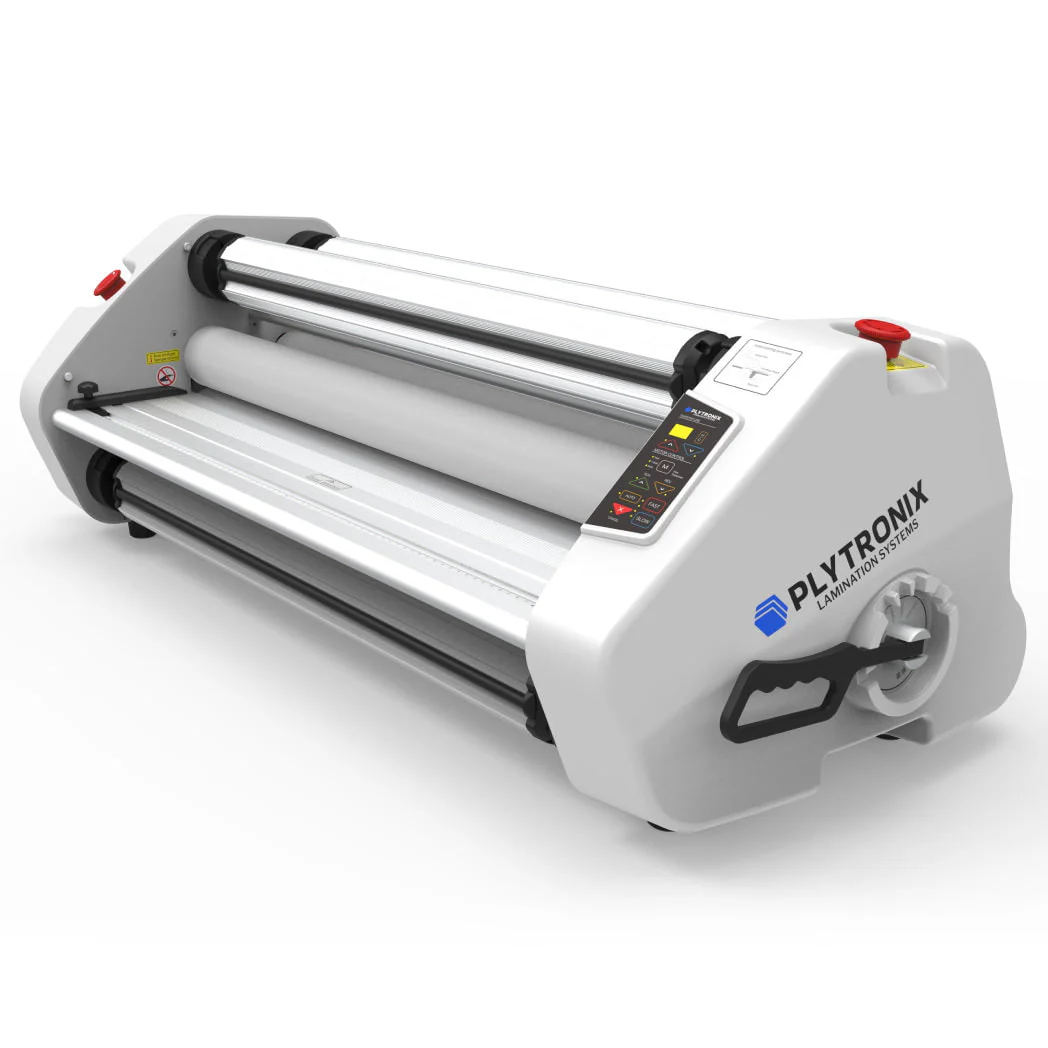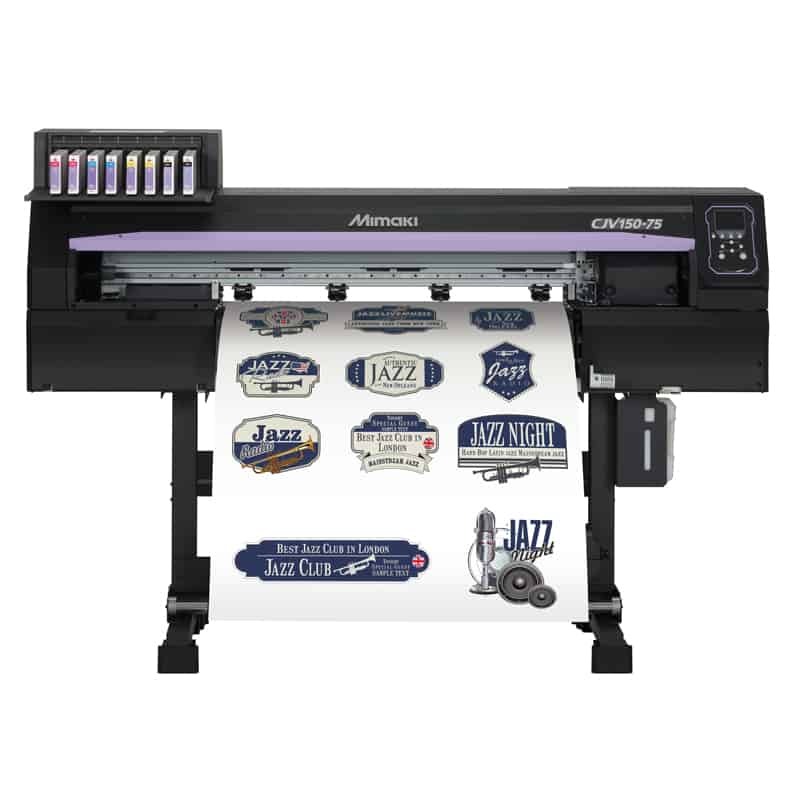Menu

Plytronix ME1600 Cold Semi-Automatic Pneumatic Laminator with Air Compressor & Air Cylinder Roller – Ideal for Small Media & Versatile Board Applications
$0

$119/month PLYTRONIX PRO PRO Anti-Static Pro 64” Wide Format Auto High-Speed Cold/Hot Laminator for Signs, Graphics, Banners, Prints & More
$119

$454/month 4ftx4ft Flatbed UV and UV DTF Printer with 3x Epson I3200-U1 Print Heads for Near Silent High Speed UV DTF Printing
$454

$395/Month Roland LEF2-300 VesaUV 30"x13" Flatbed Gloss UV Printer with Benchtop & Filtration System
$395

$39.99/Month PLYTRONIX AT-650DL Automatic Cold & Hot Roll Laminating Machine – Versatile, High-Speed Laminator for Professional Finishes, Suitable for Offices, Schools, and Print Shops, Easy Operation & Durable Design
$39.99

$198/month Brand New 1 YR Warranty CJV150-75 32" Brand New Mimaki Production Large Format Roll to Roll Eco-Solvent Printer and Die Cutting Plotter
$198
- Weekly Deals
-
Print/Cut Deals

Plytronix ME1600 Cold Semi-Automatic Pneumatic Laminator with Air Compressor & Air Cylinder Roller – Ideal for Small Media & Versatile Board Applications

$119/month PLYTRONIX PRO PRO Anti-Static Pro 64” Wide Format Auto High-Speed Cold/Hot Laminator for Signs, Graphics, Banners, Prints & More

$454/month 4ftx4ft Flatbed UV and UV DTF Printer with 3x Epson I3200-U1 Print Heads for Near Silent High Speed UV DTF Printing

$395/Month Roland LEF2-300 VesaUV 30"x13" Flatbed Gloss UV Printer with Benchtop & Filtration System

$39.99/Month PLYTRONIX AT-650DL Automatic Cold & Hot Roll Laminating Machine – Versatile, High-Speed Laminator for Professional Finishes, Suitable for Offices, Schools, and Print Shops, Easy Operation & Durable Design

$198/month Brand New 1 YR Warranty CJV150-75 32" Brand New Mimaki Production Large Format Roll to Roll Eco-Solvent Printer and Die Cutting Plotter
-
905-326-2886
-
Contact Us






















![Absolute Toner $95/month 50" [FREE BONUS] AUTOMOTIVE PPF EDITION JAGUAR V-LX GCC J5-101LX-SE TINT PROTECTION FILM & TINT Cutter Window Tinting Plotter Vinyl Cutters](http://www.absolutetoner.com/cdn/shop/files/Photoroom-20250201_185430.png?v=1738485107)











